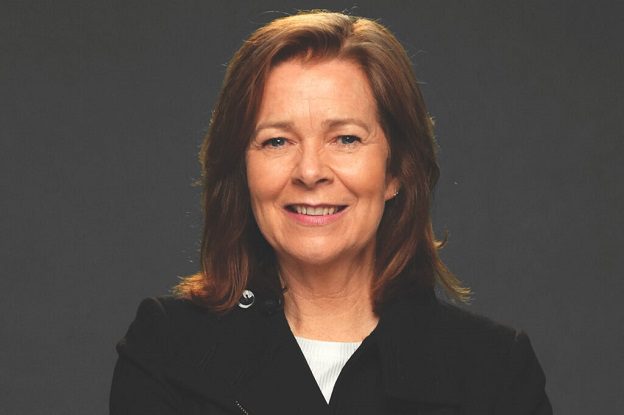 In a year marked by unprecedented challenges for the aviation industry, Qantas, Australia’s largest airline, has witnessed a meteoric rise in its profits, amassing a staggering $2.5 billion pretax profit, with a post-tax figure of $1.7 billion. This success has been attributed to several key factors: surging demand for domestic and international flights, rising ticket prices, and a noticeable reduction in operating costs.
In a year marked by unprecedented challenges for the aviation industry, Qantas, Australia’s largest airline, has witnessed a meteoric rise in its profits, amassing a staggering $2.5 billion pretax profit, with a post-tax figure of $1.7 billion. This success has been attributed to several key factors: surging demand for domestic and international flights, rising ticket prices, and a noticeable reduction in operating costs.
However, the prosperous financial report isn’t without its shadows. Notably, Qantas received billions in government funding during the pandemic’s peak. Yet, in a disheartening revelation by the federal court, it was found that the airline had unlawfully laid off a massive 1700 of its workforce. This decision raises questions about the morality and ethics of businesses that benefited from public funding during such a challenging time.
Adding to the complexities of its financial dealings, Qantas has embarked on an intricate restructuring of its business model. This move has seen the transitioning of their employees across a myriad of different entities, each having distinct pay scales and conditions. Such a shift has drawn significant criticism from worker unions and employee advocates.
Michele O’Neil, the respected President of the Australian Council of Trade Unions (ACTU), weighed in heavily on the situation. “Qantas has not only shifted the financial burden to the regular traveler in a market they largely dominate, but they’ve also made deliberate attempts to diminish the terms and conditions of their employees to inflate their profits,” O’Neil stated.
She highlighted that a substantial portion of this profit likely stems from Qantas’s strategic outsourcing of jobs to multiple firms. “Qantas has pioneered the establishment of labour-hire companies, deliberately suppressing wages and conditions primarily for the benefit of their outgoing CEO, Alan Joyce, and the airline’s shareholders,” she added.
It’s not just the employees facing the brunt of Qantas’s decisions. Regular passengers have consistently reported the nuisances of flight cancellations, baggage mismanagement, and consistent delays. These grievances become glaring when customers shell out higher amounts for their tickets, even as global fuel prices are on a downward trend.
“Our national flagship, with its tremendous profits, owes it to its dedicated workforce,” O’Neil commented. She emphasized that these employees deserve job security, equitable pay, and respectable conditions for their invaluable contributions. “It’s bewildering to witness cabin crew members on the same Qantas domestic flight, performing identical tasks, yet remunerated at five varying pay rates,” she lamented.
This turbulent period for Qantas draws attention to corporate responsibility, employee welfare, and the balance between profit and ethics.
Written by: My Thanh Pham















